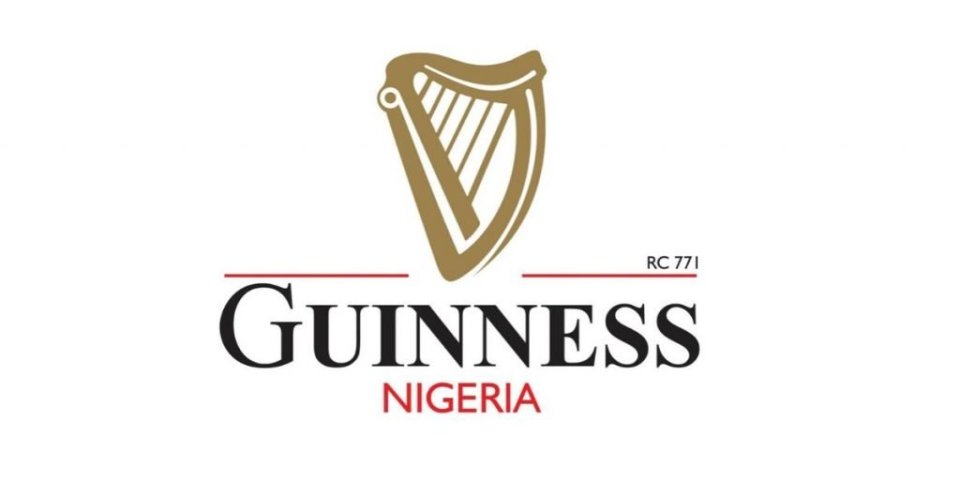Guinness Nigeria’s N12.6bn Loss Is Worst Performance In Years
Guinness Nigeria Plc hit a loss of N12.6 billion in its full-year operations ended June 2020, more than two preceding years’ profits put together. As hinted at the end of the third quarter, this is the worst earnings record for the company in many years. The entire loss was incurred in the final quarter, which erased the closing after-tax profit of about N1.4 billion at the end of the third quarter.

Guinness’ troubles run all the way from top to the bottom lines with a bad combination of declining sales revenue facing rising costs. Costs generally failed to go down with sales revenue, creating losses from operating results down to the bottom line.
A number of operating adversities greeted the brewing company in the financial year adding up to a dismal commentary of operating results. Turnover dropped for the second year at an accelerated rate to hit the lowest figure in four years at slightly over N104 billion. Other income fell by 35.6 percent to reinforce the loss of sales revenue.
An impairment loss of N11.7 billion, consisting mainly of a write off of idle, damaged, and obsolete assets and new impairments occurred during the year. Also, net impairment loss on financial assets jumped more than six times to over N2 billion. Further pressure came from a 45 percent upsurge in administrative expenses in the year to over N14 billion.
Yet rising cost of finance added to an operating loss position and swelled pre-tax loss to over N17 billion. Foreign exchange losses led the growth in finance expenses, which rose by 74 percent to N4.5 billion during the year.
Finance income dropped by 60 percent to N301 million, as finance expenses grew. Net finance cost therefore advanced by 128 percent to N4.2 billion during the financial year.
Guinness Nigeria closed the 2019/20 financial year in June with sales revenue of N104 billion. Sales continued weakening from quarter to quarter – from flat growth at the end of the second quarter to a drop of 5 percent in the third quarter and further to a drop of close to 21 percent at full year. It is an accelerated drop from the 8 percent record in the 2019 financial year.
The final quarter contributed just about N8 billion or 7.7 percent of the closing sales revenue figure for 2020. The figure is only slightly ahead of the company’s turnover figure of N102 billion reported as far back as 2016.
Cost of sales maintained the third quarter position of declining slightly ahead of sales revenue. At N71 billion at the end of the year, cost of sales went down by 22 percent compared to 20.6 percent fall in sales revenue. That led to a moderated drop of 17 percent in gross profit to N33 billion at the end of the financial year.
The cost per unit of sales went down from 69 kobo in the 2019 financial year to 68 kobo at the end of the 2019/20 trading. Gross profit margin was therefore slightly improved at 32 percent at the end of the year.
Other income dropped by 35.6 percent to N503 million during the year. Marketing/distribution expenses dropped by less than 15 percent to N18.5 billion compared to the roughly 21 percent drop in sales. The company therefore paid more in marketing/distribution cost per unit of sales during the year.
A big operating loss occurred in the final quarter, wiping off an operating profit N5.2 billion at the end of the third quarter and closing with an operating loss of N12.8 billion for the year. Adding a net finance expenses of N4.2 billion, the company built a pre-tax loss of over N17 billion for the year.
Guinness Nigeria posted a net loss of N12.6 billion for the financial year ended June 2020, down from a N1.36 billion profit at the end of the third quarter and N5.5 billion profit at the end of the prior financial year. A tax credit of N4.5 billion made the difference between the pre- and post-tax loss.
The outcome of Guinness Nigeria’s operations for the year reflects the ‘uncertain’ tag we placed on the company’s full-year outlook at the end of the third quarter.
Balance sheet borrowings closed slightly up at N22 billion for the year from about N20 billion in the preceding financial year. An upsurge of 260 percent in foreign exchange losses led the high growth in finance expenses.
The loss for the year has shrunk retained earnings by 39.5 percent to N24.5 billion and the equity base by 18 percent to N73 billion. The company lost N5.74 kobo per share at the end of the 2020 financial year, down from earnings per share of N2.50 in the 2019 financial year. No dividend has been proposed by the directors for the year.


Comments are closed.